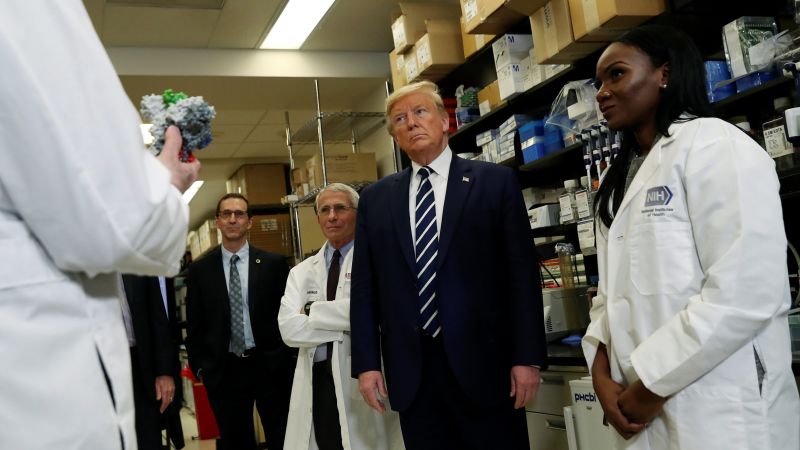This is not a COVID related post, but since we've kicked around some interesting medical/science topics in this thread, thought some folks might find the latest on "virotherapy," the use of directed viruses to help treat/reduce cancerous tumors, to be of interest. The technology has shown some promise, but not consistently, which is not unusual for new treatment technologies. However, quite a few scientists think this could become a huge field in the next 10 years for cancer treatment. The gist of it is below. Cool stuff.
https://www.nature.com/articles/d41...k2DpfFsH1jt_u4XRDhLemT8eMm4t-rN7dzoZ0blneR6Ko
Calling the immune system
The viruses that researchers use are called oncolytic because they destroy, or lyse, the tumour cells that they infect. The viruses also use the tumour cells as factories to produce even more virus particles that spreads to neighbouring cells, killing large areas of the tumour in a few days. Bartee says the virus works from the middle outward: “You make these tumours implode on themselves.” But the effect is only temporary. “The cells you never infected come right back, almost immediately,” Bartee says.
Virotherapy has a second effect, however, that has surprised researchers. The immune system ‘sees’ the infection and activates immune cells such as T cells, which attack not only the infected cells but also any abnormal cells — including uninfected tumour cells. After the virus makes the tumour implode, T cells can penetrate it more easily, finding and cleaning up remaining tumour cells.
When researchers realized that the immune system was helping to attack the tumour, Bartee says the field completely reversed its perspective on this approach to therapy. “They were looking for ways to kill the immune system off because the immune system stopped the replication of virus,” he says. “Now, they are looking at using virus in combination with things that drive the immune system even more.”
https://www.nature.com/articles/d41...k2DpfFsH1jt_u4XRDhLemT8eMm4t-rN7dzoZ0blneR6Ko
Calling the immune system
The viruses that researchers use are called oncolytic because they destroy, or lyse, the tumour cells that they infect. The viruses also use the tumour cells as factories to produce even more virus particles that spreads to neighbouring cells, killing large areas of the tumour in a few days. Bartee says the virus works from the middle outward: “You make these tumours implode on themselves.” But the effect is only temporary. “The cells you never infected come right back, almost immediately,” Bartee says.
Virotherapy has a second effect, however, that has surprised researchers. The immune system ‘sees’ the infection and activates immune cells such as T cells, which attack not only the infected cells but also any abnormal cells — including uninfected tumour cells. After the virus makes the tumour implode, T cells can penetrate it more easily, finding and cleaning up remaining tumour cells.
When researchers realized that the immune system was helping to attack the tumour, Bartee says the field completely reversed its perspective on this approach to therapy. “They were looking for ways to kill the immune system off because the immune system stopped the replication of virus,” he says. “Now, they are looking at using virus in combination with things that drive the immune system even more.”





